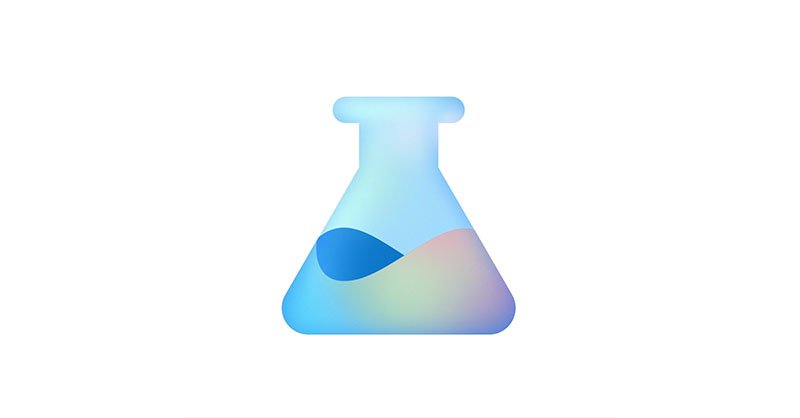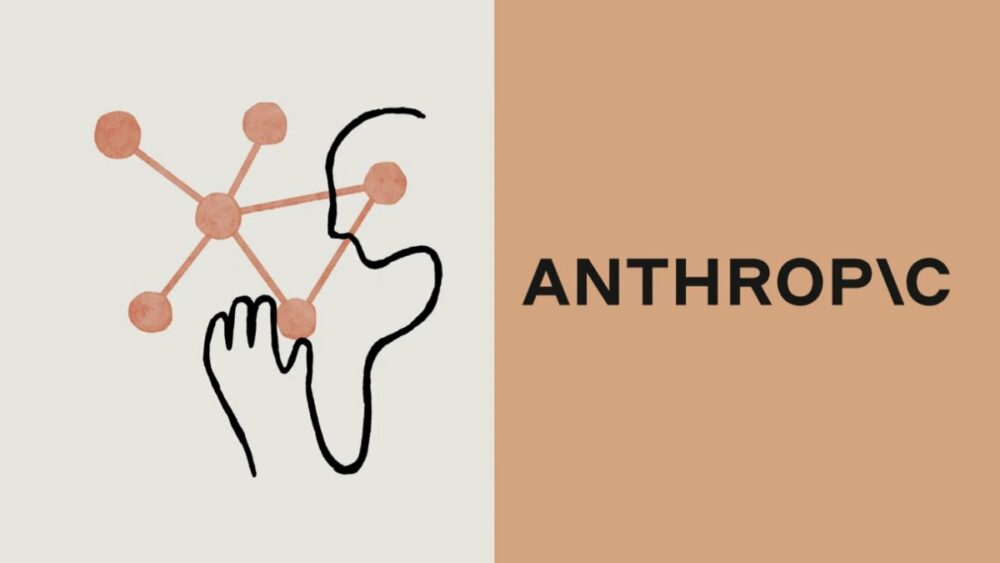“Revolutionize Your Learning with Google’s New AI Assistant: Meet the Future of Notetaking with ‘NotebookLM’!”
Google has unveiled an experimental AI product named NotebookLM, marking an evolution in notetaking software. Designed by Google Labs, NotebookLM uses a language model to help users understand and synthesize information from multiple sources. A virtual research assistant, it can summarize facts, explain complex ideas, answer questions, and create new connections. The AI tool lets users ground the language model in chosen Google Docs and includes additional functions like summarizing documents, asking questions about uploaded files, and generating creative ideas.
“Game, Set, Match: How AI is Transforming Wimbledon and Creating a Riveting Spectator Experience!”
IBM has introduced an AI-powered commentary tool at Wimbledon this year aimed at enhancing the fan experience. Available on the Wimbledon website and app, the tool provides audio commentary and key match captions. The initiative marks an effort to bring this elevated experience from Wimbledon’s Show Courts to all matches. Experts have trained the AI in the unique language of tennis. This development emphasizes the complementary role of AI to human elements in sports commentary, rather than a replacement, according to Kevin Farrar, IBM’s sports partnerships leader.
“Meet Claude 2: The Next-Gen AI Revolutionizing How We Write, Code, and Answer Questions – Faster than You Can Read ‘Great Gatsby'”
Claude 2, the next-gen AI model devised by startup Anthropic, is creating ripples in the tech world. Outspearing its predecessor, Claude 1.3, it exquisitely works on functions such as writing, summarizing, coding, and solving math problems. Its standout feature is its large context window, empowering it to process approximately 75,000 words and generate around 3,125 words. Despite world-leading proficiency, Claude 2 is continually being refined to reduce hallucination and bias. As the era of AI evolution dawns, Claude 2 offers an exciting glimpse into the future of AI and businesses.
“Reddit Cracks Open The Pandora’s Box: AI-Generated Fictional Erotica Now Permissible!”
Drawing a new line in the realm of AI, Reddit has updated its content policy, now permitting AI-generated erotica featuring fictional characters. Despite facing the largest protest in its history, the platform stands firm on its new directive, sparking discussions regarding AI ethics, personal boundaries, and the future of AI-generated adult content. Amid these changes, questions arise about potential commercial opportunities, ethical considerations, and the impact on virtual interactions in the digital age.





